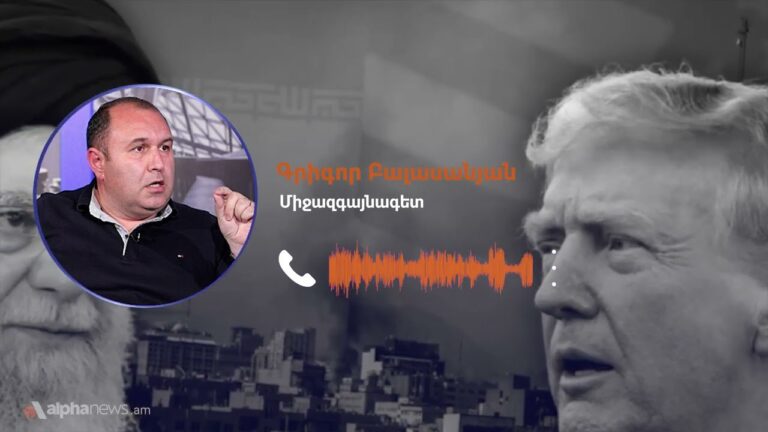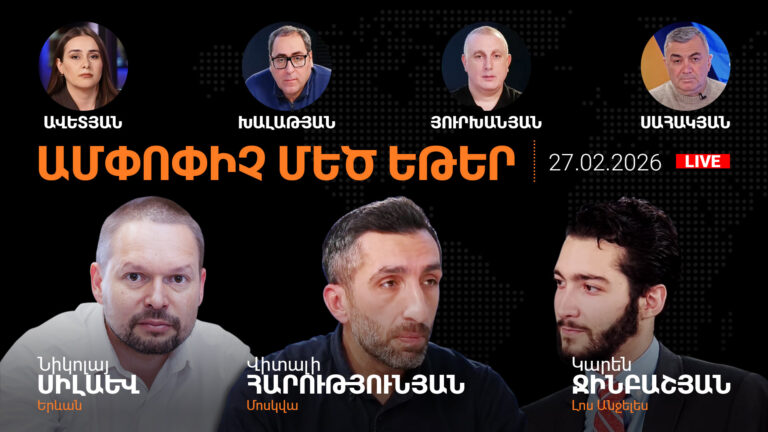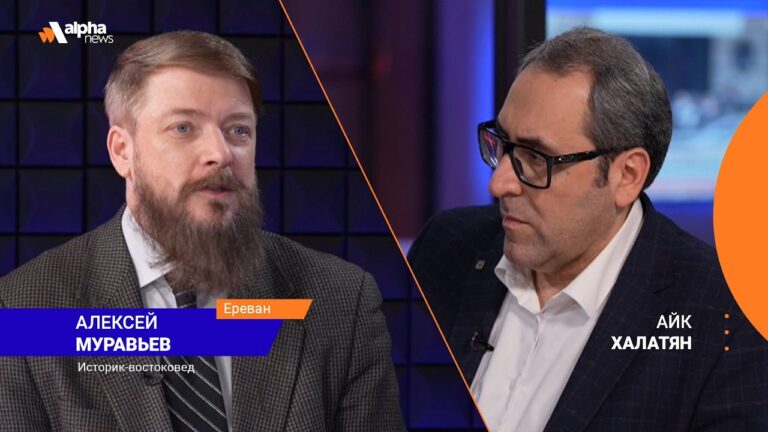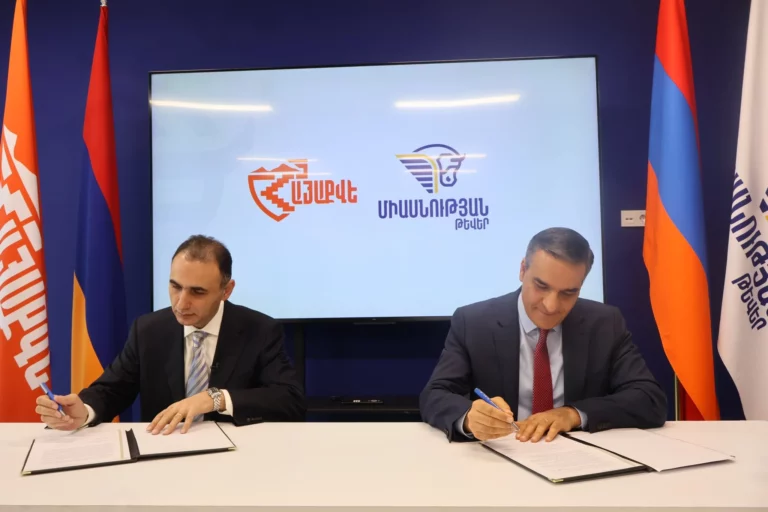What are Lavrov and Peskov trying to convey to the Armenian authorities?
March 07 2024, 13:00
It is no secret that in the Russian government, as in any other government in the world, there are different branches that have different views (sometimes diametrically opposed) on certain events, issues, and developments. Even using the example of domestic investment in the Russian economy, we see that the positions of the government headed by Mikhail Mishustin differ from the positions of the Russian Central Bank and, in general, the team dealing with financial and credit policy in Russia.
The Russian government has had exactly the same diametrically opposite approaches regarding the developments in Armenia since 2018. One part of the Russian political class considered what happened in 2018 to be a classic “color revolution”, which should have predetermined the attitude of official Moscow towards the “revolutionary authorities” of the Republic of Armenia. The other part of the Russian political class has been a supporter of constructive dialogue with the Armenian authorities, even despite the political biography of the new Armenian authorities.
It is no coincidence that during the war in Artsakh in 2023, former Russian President Dmitry Medvedev, presumably addressing the Armenian authorities, reminded of the consequences of flirting with NATO and also recalled such a concept as “biography”, saying that he told a “colleague from a fraternal country” that Russia is ready to understand the specifics of biographies and “to judge people not by words but by deeds.”
For a long time, a number of experts said that the supporters of the second, constructivist approach in Armenian-Russian relations were officials responsible for Russian foreign policy, and more specifically, those who were responsible for the South Caucasus. In this regard, it is noteworthy that it is the Russian Foreign Ministry that is trying to “break the ice” in relations between official Moscow and Yerevan, hence Russian Foreign Minister Sergey Lavrov’s call to his Armenian counterpart Ararat Mirzoyan.
Lavrov’s call and his recent statements regarding Armenia’s membership in the CSTO and the EAEU once again confirm the claim that “there is still a historical window of opportunity for constructive dialogue with Russia”. However, if this opportunity is missed, serious problems may arise, with proponents of the constructivist approach losing the opportunity to convey their positions and their vision of the situation to the top leadership of Russia. Under the current circumstances, it is worth paying attention to the words of Dmitry Peskov, the press secretary of Russian President Vladimir Putin, who said at the World Youth Festival that some countries believe that to focus on Europe, they need to become Russia’s enemies, which is a terrible mistake…
Maybe it is worth listening to these words of Peskov, even though he referred to relations between Russia and Moldova?
Think about it…







